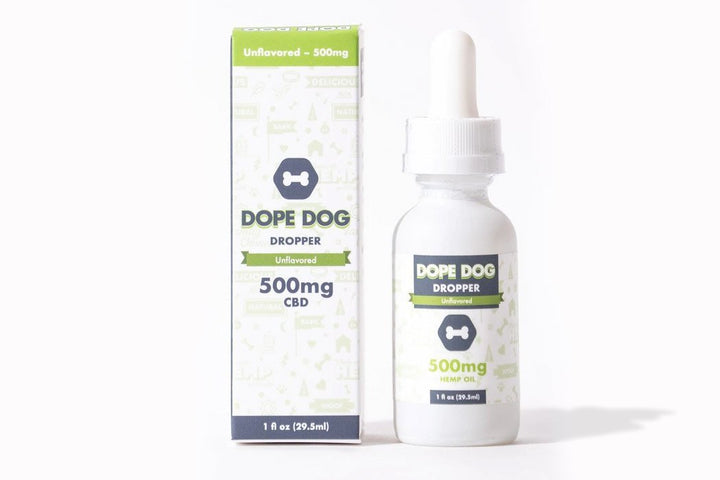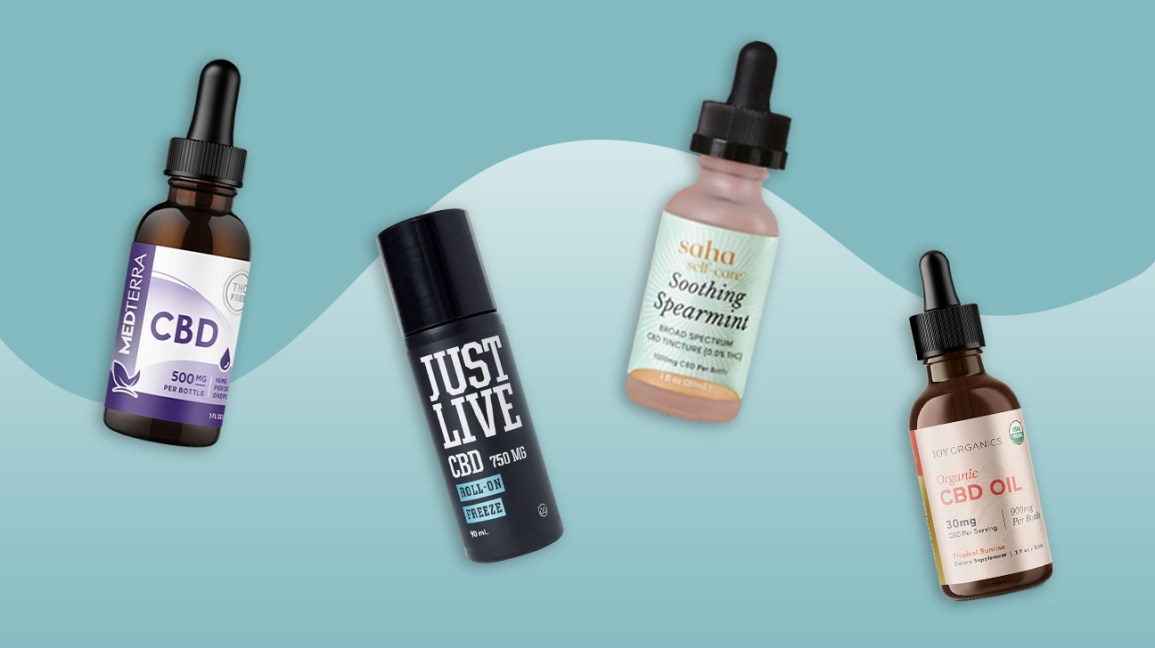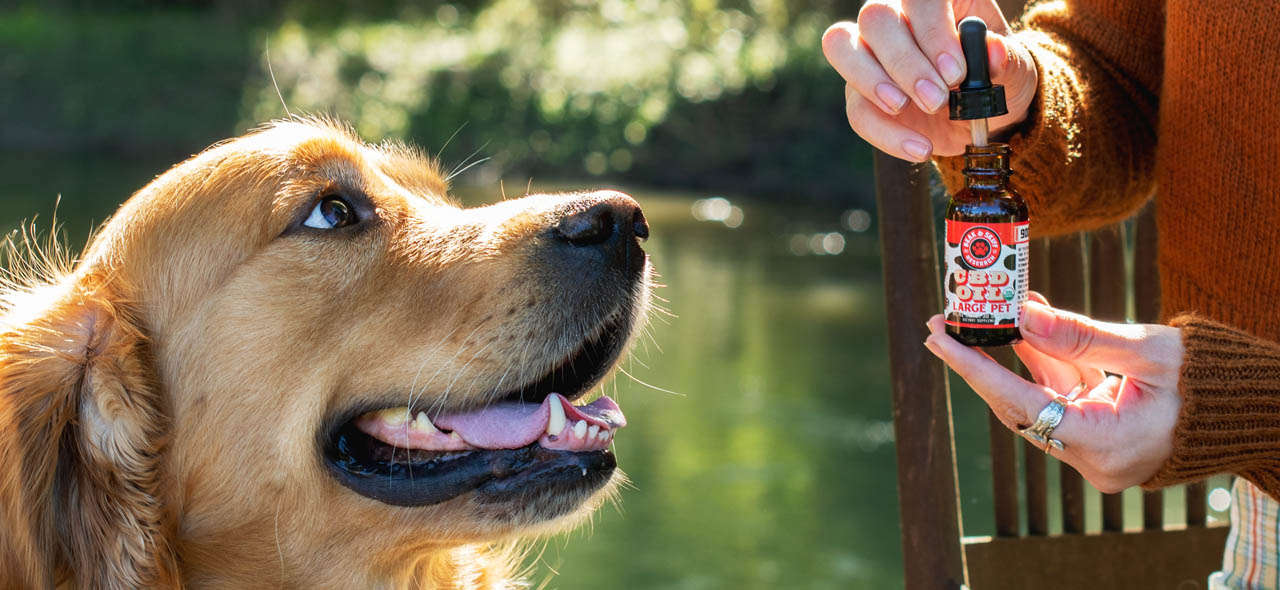
Is CBD and THC-containing products legal in Texas? Hemp-derived CBD, however, is legal in Pennsylvania. CBD oil can be purchased in these states if you have a valid medical marijuana prescription. CBD oil can be obtained as a supplement to your medical marijuana prescription if you're located in one of these states.
Texas has made it illegal to sell THC-containing products
It is illegal to possess THC-containing products in Texas. THC levels in the products are the basis of the punishment. Texas law makes possession more than one gram a state felony. Possession of four grams or more of THC is considered a second degree felony. It can lead to a prison sentence of between five and 99 years at the Texas Department of Corrections.
Texas has banned THC-containing items, but most products are legal. Two exceptions to this rule exist. The state has banned the sale of products containing Delta-8 THC. However, delta-9 THC has been legalized by the state. Delta-8 THC, according to the Department of State Health Services, is a Schedule 1 controlled drug.

Recently, the state's Consumable Hemp Program website modified the definition of THC. According to current law, delta-8 products may not contain more delta-9 THC than 0.3%. Texas law declares illegal any product containing delta-8 THC greater than 0.3%.
Pennsylvania has legalized hemp-derived CBD
Pennsylvania legalizes hemp-derived CBD oil. It is legal to sell in the state, provided it is not more THC than 0.3%. The Pennsylvania Department of Agriculture regulates this process, and all growers must comply with federal and state regulations. Hemp-derived CBD has therapeutic benefits, but does not have the intoxicating effects of marijuana.
2016 saw the adoption of a law by the state that legalized CBD-derived hemp as long as it contained less than 0.3% THC. This means that the product can be purchased without a prescription or a physician's permission. The state's MMJ programs protect registered patients from any penalties and provide a structured, regulated market. Hemp-derived CBD is still illegal to be used for recreational purposes, but cardholders with medical marijuana cards are permitted to possess and buy up to 30 grams.
Hemp-derived CBD can be bought over-the-counter in Pennsylvania. But, it is important to be aware that most stores won't sell them to children under 18. A valid ID is required to purchase CBD. Third-party lab reports are a great idea. This ensures that the CBD content of the product is high.

It is legal to do so in Hawaii
The state Hawaii has not yet passed laws specifically addressing CBD. To determine whether CBD products can be legalized, the state relies on U.S. Farm Bills. In 2018, Governor David Ige signed HB 1819 into law, which made it legal to grow hemp in the state through the USDA's hemp production program. This law allows the sale, processing and distribution of hemp-derived product.
The state's Food and Drug Department has previously clarified that the state's CBD laws are likely to change in the future. The department intends to amend the state CBD laws after federal guidelines are in effect. The department has also stated that it plans to regulate all products that contain hashish-derived products, including CBD.
Even though Hawaii still hasn't legalized hemp-derived cannabis, it has made significant strides towards progressive marijuana laws. While the state's CBD laws may be fluid, lawmakers continue to work on how to regulate CBD. Although the laws may not be clear, there are many CBD shops in the state. The products are identical to those available on the mainland. While CBD legalization is uncertain, some residents feel optimistic that CBD will be legalized soon.
FAQ
Does CBD have a future?
Yes. This isn't because of the medical benefits it offers, but because of how it makes people feel.
The fact that it doesn't make you feel any different when you use it makes it perfect for those who are looking for an alternative to prescription drugs.
We know that cannabis can help with anxiety, depression, pain relief, insomnia, and other conditions, as evidenced by numerous studies.
Cannabinoids in cannabis interact with our brains. This interaction creates feelings of relaxation and well being.
If you are interested in cannabidiol oil (CBD) for your health, it is important to know what it is and how it affects you.
How can CBD products successfully be marketed by companies in compliance with regulations?
The FDA does no regulate hemp as a crop commodity. The Controlled Substances Act governs all other cannabis derivatives, such as marijuana. CBD has not been subject to any specific regulations.
CBD is legal in 29 states. Federal law, however, still considers it illegal. This uncertainty creates uncertainty for CBD product sellers.
The FDA has strict guidelines regarding how CBD products can be promoted. The FDA requires that all CBD products clearly disclose their THC content. Companies cannot claim CBD is effective in treating certain medical conditions without supporting evidence.
Additional information is required by the FDA regarding manufacturers' manufacturing practices, quality control measures, and other details. They require companies to carry out clinical trials to prove safety or efficacy.
These factors are crucial for companies to consider when developing their marketing strategies.
What's the future for the CBD industry?
The future looks bright for CBD. It's clear to see why so many people have jumped on this industry. With CBD products accounting for over $1Billion in global consumer spending, it is easy to see how the market is growing exponentially.
Statista reports that in 2019, global sales of CBD (cannabidiol) are expected to exceed $22.4 Billion. This represents a nearly 200% increase over 2018!
The CBD market is also forecast to grow at 22.5% compound annual growth rate, which would result in nearly $6.8B in revenue by 2022.
This is great news for companies looking to enter this space as well as those already operating in the sector. However, we must be aware that the CBD market is still very much in its infancy and will face some challenges along the way.
Which countries produce the highest quality CBD?
The United States produces most CBD products.
Canada, Australia New Zealand, Israel, and New Zealand all produce high-quality CBD products.
What are some common mistakes that companies make when they enter the US cannabinoid market?
The first mistake is not understanding what the regulations are for cannabis products. This could result in you needing to alter your product formulation.
Unskilled labeling is the second. You need to know if your product contains THC, CBD, or both.
Thirdly, you should understand how to package your product correctly. If your product contains THC you should ensure that it's packaged in child-resistant containers.
Even if your product doesn't contain THC, you must still comply with all packaging laws. There are many states in which cannabidiol is legal.
Finally, you should always keep track of any recalls on your products. Customers should be notified as soon as possible if there are any issues with their product.
Statistics
- The use of these products is likely to become even more widespread if the World Health Organization's recommendation that CBD no longer is scheduled in the international drug control conventions is adopted by the United Nations member states [201]. (ncbi.nlm.nih.gov)
- however, one study also found that these effects were virtually abolished when the original media (a nutrient broth agar) was replaced with one containing 5% blood (increasing the minimum concentration to ~160 μM CBD) [179]. (ncbi.nlm.nih.gov)
- While the primary injury may not be treatable, interventions that attenuate secondary sequelae are likely to be of benefit [203].Only one study (ncbi.nlm.nih.gov)
- HR −16 mmHg; 95% CI −26, −6; I2 = 92%) (ncbi.nlm.nih.gov)
- A recent study [161] also found that in vitro CBD treatment (i.e., ≤ 2 h exposure to 10 μM) induced ~40% vasorelaxation in isolated (pre-constricted) (ncbi.nlm.nih.gov)
External Links
How To
How to promote CBD on social networks
Promote your product through Social Media channels like Facebook, Twitter, Instagram, Pinterest, etc.
Social Media Marketing (SMM), is one of today's most powerful marketing tools. It allows you connect with prospects and customers on an unprecedented scale without having ever to use the phone or send out mass emails. Your imagination is all that stands between you and your dreams. What do you think would work best in YOUR business?
CBD is a Cannabis Sativa extract that has medicinal benefits. There are many kinds of CBD products. But the main ones are full spectrum or isolate. Isolate CBD oil is made from CBD oil that has been extracted from hemp plants. Full-spectrum CBD oil comes from whole plants.
Full Spectrum CBD Oil is made from the whole hemp plant. It contains some THC, which makes it legal in certain states. If you are in a state that prohibits medical marijuana, you will not be able to obtain CBD oil with THC. It is a Schedule 1 drug. Hemp plants are low in THC but have enough THC for them to be illegal.
You could advertise on Facebook if your CBD products are sold online. Advertise on YouTube and Pinterest are not good choices for CBD. You need to pick the platform that is most appropriate for your audience. Medium is a great platform to use if you are trying to reach people who read articles more than watch videos.
Your goal is to attract new leads to your website and convert them into paying customers. This means attracting the attention of potential customers. You must first provide value to achieve this. When they find value from your content, they will begin to trust you. And when they trust you, they will become your lead.
The sections that follow describe how to create and manage advertising campaigns on Facebook.
Facebook Advertising Setup
Open an Ad Account
These are the steps required to create an Ad Account
-
Click on "Create New Campaign"
-
You can enter a name to help you build your campaign.
-
Choose a location to display your ads.
-
Choose whether or not to target specific locations.
-
Set your budget.
-
Click the box next to "Advertising Management."
-
Click "Next Step."
-
Scroll down for the page layout to be used in your ads.
-
Click the button "Add Tags" to add tags for your campaign.
-
Click "Save" and then click "Continue."
-
Follow these instructions to complete all fields.
-
Click Continue to proceed
-
Please fill in the requested information.
-
Click Continue
-
After reviewing the information, click Confirm.
-
Your account has now been created.
You can now add keywords or targeting options to an ad campaign.
Targeting Options
Facebook has four ways for you to target your ads as previously mentioned:
Location-Based Targeting:
You can target users by their location, using either the city, postal code or region, country, and continent. Targeting anyone within 100 miles of Seattle is possible, for example.
Demographic Targeting
Targeting people can be done based on their age, gender, relationship status or education level.
Interest-Based Targeting:
You also have the option to target people according to their interest in your products. For example, someone who enjoys hiking can be targeted.
Behavioral Targeting
This is similar to interest-based targeted advertising, but instead of targeting people according to their interests, you target people based upon what they do. You could, for example, target people who click on your link and visit your website.
Keywords
Keywords are an integral part of any Facebook marketing strategy. They are used to place your ads on Facebook. You will be asked to input a list keywords when creating an ad account. The size of your ad accounts will determine how many keywords you can add.
Keyword Suggestion Tools:
You may find it helpful to use our keyword suggestion tool, located on the screen's right-hand bottom. It allows you to search through suggested keywords related to your current selection.
Keyword Suggestions
Once you have entered keywords, you will see different suggestions depending on the type and targeting you selected. For each type of targeting, you will get different suggestions.
Follow the prompts to publish your first ad.